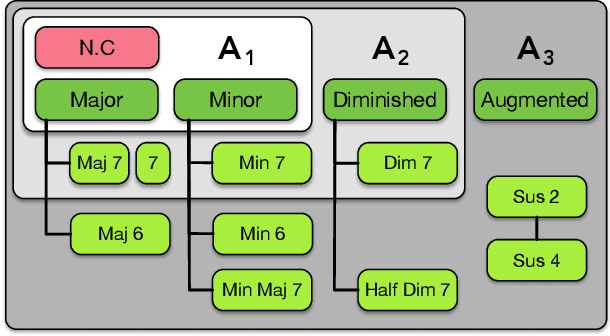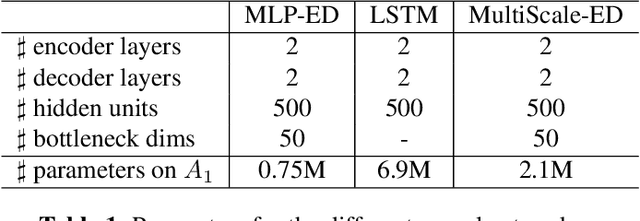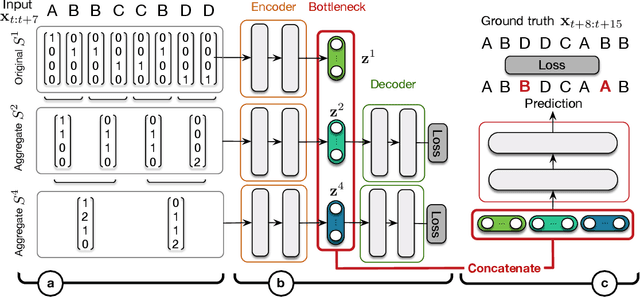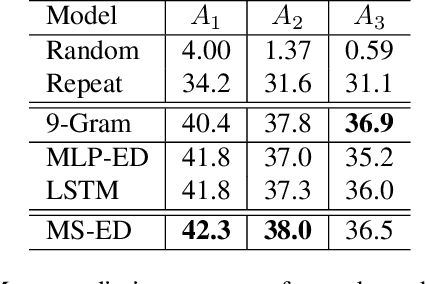Andrew McLeod
The MIDI Degradation Toolkit: Symbolic Music Augmentation and Correction
Sep 30, 2020


Abstract:In this paper, we introduce the MIDI Degradation Toolkit (MDTK), containing functions which take as input a musical excerpt (a set of notes with pitch, onset time, and duration), and return a "degraded" version of that excerpt with some error (or errors) introduced. Using the toolkit, we create the Altered and Corrupted MIDI Excerpts dataset version 1.0 (ACME v1.0), and propose four tasks of increasing difficulty to detect, classify, locate, and correct the degradations. We hypothesize that models trained for these tasks can be useful in (for example) improving automatic music transcription performance if applied as a post-processing step. To that end, MDTK includes a script that measures the distribution of different types of errors in a transcription, and creates a degraded dataset with similar properties. MDTK's degradations can also be applied dynamically to a dataset during training (with or without the above script), generating novel degraded excerpts each epoch. MDTK could also be used to test the robustness of any system designed to take MIDI (or similar) data as input (e.g. systems designed for voice separation, metrical alignment, or chord detection) to such transcription errors or otherwise noisy data. The toolkit and dataset are both publicly available online, and we encourage contribution and feedback from the community.
Multi-Step Chord Sequence Prediction Based on Aggregated Multi-Scale Encoder-Decoder Network
Nov 12, 2019



Abstract:This paper studies the prediction of chord progressions for jazz music by relying on machine learning models. The motivation of our study comes from the recent success of neural networks for performing automatic music composition. Although high accuracies are obtained in single-step prediction scenarios, most models fail to generate accurate multi-step chord predictions. In this paper, we postulate that this comes from the multi-scale structure of musical information and propose new architectures based on an iterative temporal aggregation of input labels. Specifically, the input and ground truth labels are merged into increasingly large temporal bags, on which we train a family of encoder-decoder networks for each temporal scale. In a second step, we use these pre-trained encoder bottleneck features at each scale in order to train a final encoder-decoder network. Furthermore, we rely on different reductions of the initial chord alphabet into three adapted chord alphabets. We perform evaluations against several state-of-the-art models and show that our multi-scale architecture outperforms existing methods in terms of accuracy and perplexity, while requiring relatively few parameters. We analyze musical properties of the results, showing the influence of downbeat position within the analysis window on accuracy, and evaluate errors using a musically-informed distance metric.
 Add to Chrome
Add to Chrome Add to Firefox
Add to Firefox Add to Edge
Add to Edge